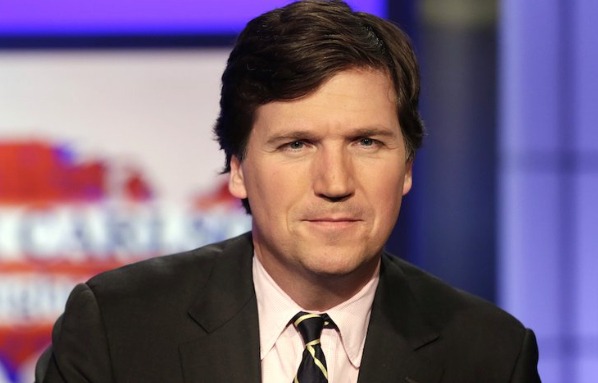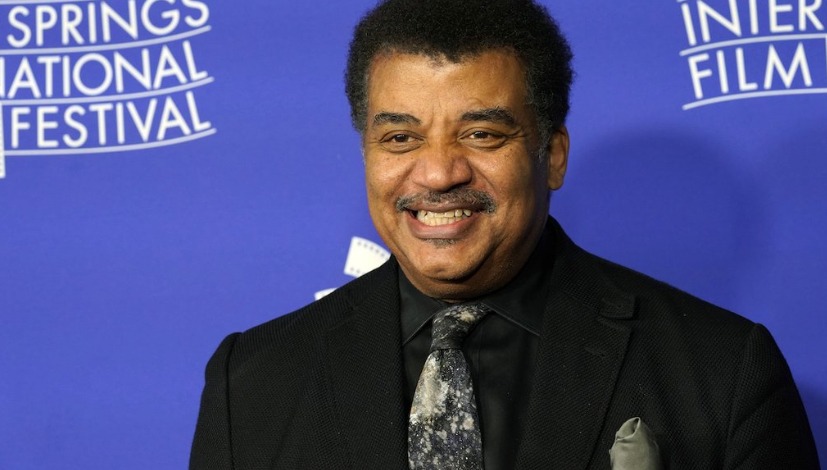Tucker Carlson and Fox News Part Ways: A Look Back at Carlson’s Falsehoods
For years, PolitiFact has been fact-checking Tucker Carlson’s claims on Fox News. But now, Carlson’s affiliation with the network has come to an end. In a surprising announcement, Fox News stated that they and Carlson have “agreed to part ways.” This news comes as a shock to many, considering that Tucker Carlson Tonight was the second most-watched cable news program in 2022, with an average of 3.3 million viewers.
No Warning, Just an Abrupt Exit
Carlson’s last show aired on April 21, and he gave no warning of his sudden departure. In fact, he closed the show by saying, “We’ll be back on Monday. In the meantime, have the best weekend with the ones you love, and we’ll see you then.” Little did viewers know that they wouldn’t be seeing Carlson on their screens anymore.
A Long History with Fox News
Although “Tucker Carlson Tonight” began in 2016, Carlson’s connection with Fox News started even earlier. He co-hosted “Fox & Friends Weekend” from 2012 to 2016
Unveiling Tucker Carlson’s Most Impactful Falsehoods After Parting Ways with Fox News
In the realm of cable news, few figures have garnered as much attention and controversy as Tucker Carlson. Known for his provocative and often polarizing commentary, Carlson has become a prominent voice in American media. However, as he recently parted ways with Fox News, it is crucial to examine some of his most impactful falsehoods that have shaped public discourse.
One of Carlson’s most notable falsehoods was his repeated promotion of conspiracy theories surrounding the 2020 presidential election. Despite overwhelming evidence to the contrary, Carlson consistently peddled baseless claims of widespread voter fraud, casting doubt on the legitimacy of the election results. This dangerous rhetoric not only undermined public trust in the democratic process but also fueled the flames of division and polarization within the nation.
Another significant falsehood propagated by Carlson was his denial of the severity of the COVID-19 pandemic. Throughout the crisis, he downplayed the virus’s impact, often comparing it to the seasonal flu and dismissing public health measures as unnecessary. Such misinformation not only endangered lives but also hindered efforts to control the spread of the virus, prolonging the suffering and economic consequences experienced by countless individuals and communities.
Furthermore, Carlson has consistently perpetuated false narratives surrounding immigration. He has repeatedly stoked fears about immigrants, portraying them as criminals and threats to national security. By distorting facts and statistics, he has contributed to the demonization of vulnerable populations, fostering an environment of hostility and xenophobia.
Additionally, Carlson has been a vocal climate change skeptic, consistently downplaying the scientific consensus on the issue. His dismissal of climate change as a hoax or exaggerated threat has hindered public understanding and action on one of the most pressing challenges of our time. By spreading misinformation, he has impeded efforts to address climate change and protect the planet for future generations.
It is important to recognize that Carlson’s falsehoods have had a significant impact on public opinion and discourse. As a trusted figure in the media, his words carry weight and influence. By disseminating misinformation, he has contributed to the erosion of truth and the polarization of society.
However, it is equally important to acknowledge that media consumers have a responsibility to critically evaluate the information they consume. In an era of rampant misinformation, it is crucial to seek out reliable sources, fact-check claims, and engage in informed discussions. Blindly accepting or rejecting information based on personal biases only perpetuates the cycle of misinformation and division.
As Tucker Carlson embarks on a new chapter in his career, it is essential to reflect on the impact of his falsehoods. The consequences of spreading misinformation are far-reaching, affecting public trust, democratic processes, public health, and societal cohesion. Moving forward, it is imperative that we hold media figures accountable for their words and demand a commitment to truth, accuracy, and responsible journalism. Only then can we hope to foster a more informed and united society.








